Review
Cremona in full voice: Impressions from the Monteverdi Festival 2025
Share this

BY SIMON MUNDY | FIRST PUBLISHED 13 JUL 2025
Italian cities are better than almost any other country’s at celebrating the birthplaces or adopted homes of their composers, as long as they came from a medium-size city and were not unlucky enough to have come from sprawling Rome. Rossini, Verdi, Puccini, Donizetti and several others all have home-town festivals dedicated to their music. So, too, does the musical godfather of all of them, the man without whom opera might never have caught on as an art form: Claudio Monteverdi. He is associated with all the work he did in Mantua and Venice, but that is not where he started.
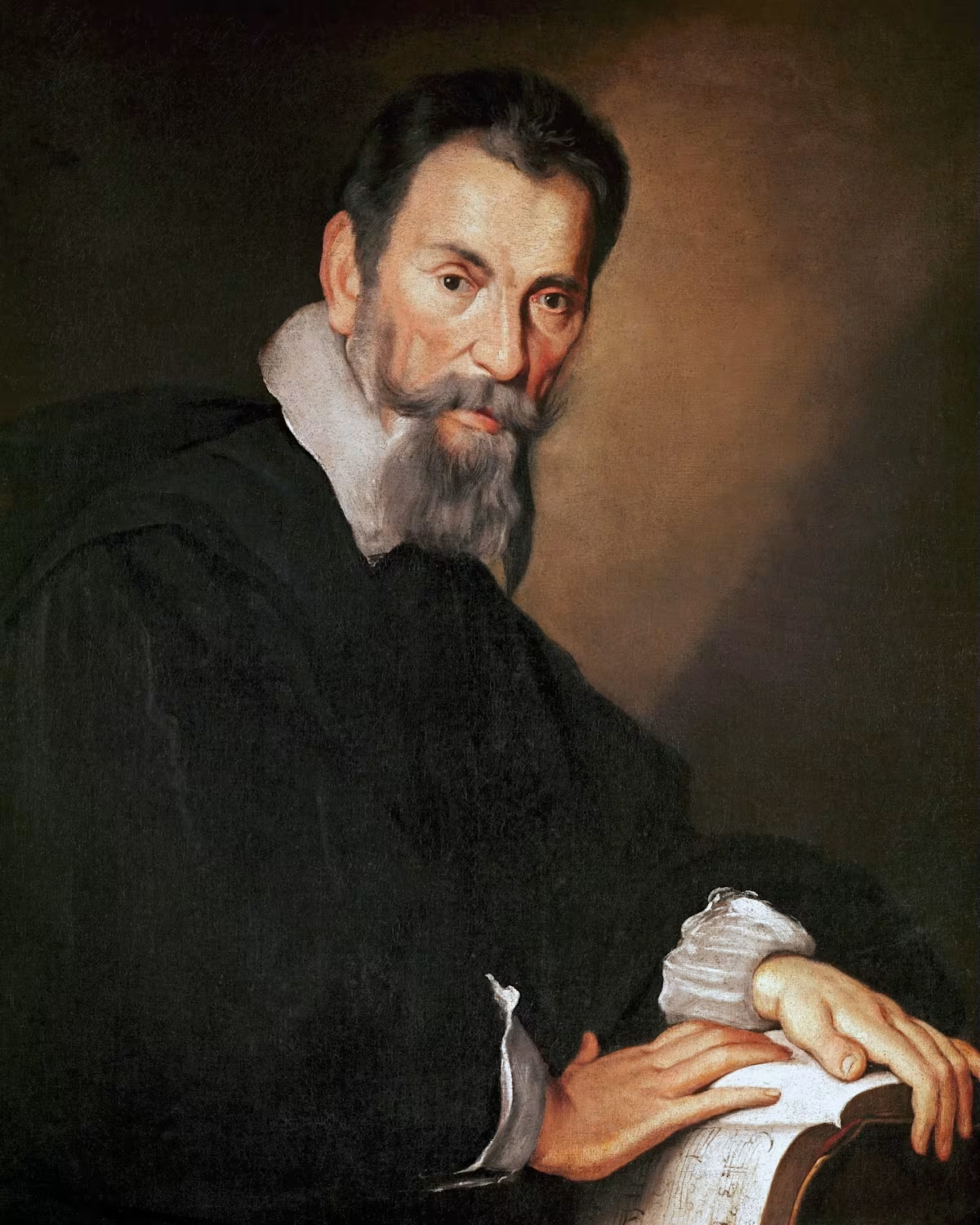
The small, but then-rich city of Cremona on the River Po, conveniently placed just about equidistant from Turin, Venice and Milan, was just becoming a musical centre when Monteverdi was born there in 1567. That was thanks to a luthier, Andrea Amati (c. 1505–1577), who had spent the previous 40 years turning the fiddle of village folk music into the violin family, the instruments that dominated music until the 20th century invention of the electric guitar. That first Amati died when Monteverdi was ten, but his descendants made sure that Cremona became the world centre for violin-, viola- and cello-making. It is a small town and its musical community was, and still is, creatively interlinked. The families of the men revolutionising instruments and the staging of music would have known each other well.
This year’s Monteverdi Festival Cremona was its 42nd, running from 13–29 June, and I was able to attend the final long weekend, beginning on the Thursday. Ironically, I could have heard The Tallis Scholars in Cadogan Hall in London the night before – we arrived at our Cremona hotel at exactly the same moment – but, instead, was treated to Monteverdi’s sacred music, sandwiching the austerity of Palestrina’s Missa pro defunctis, in the magnificent church of San Marcellino, built only a decade after Monteverdi had left town.
Cremona was so hot that night that the singers were worried about being able to keep up their oxygen levels, but in the end the only disturbance was from outside. Some city official had allowed a cacophonous rock concert to take place until 1:15am in the main square only a couple of streets away. Peter Phillips, conducting Palestrina at his most solemn, was not amused. Nonetheless, the singing was faultless and infinitely subtle – of a quality one should never take for granted.
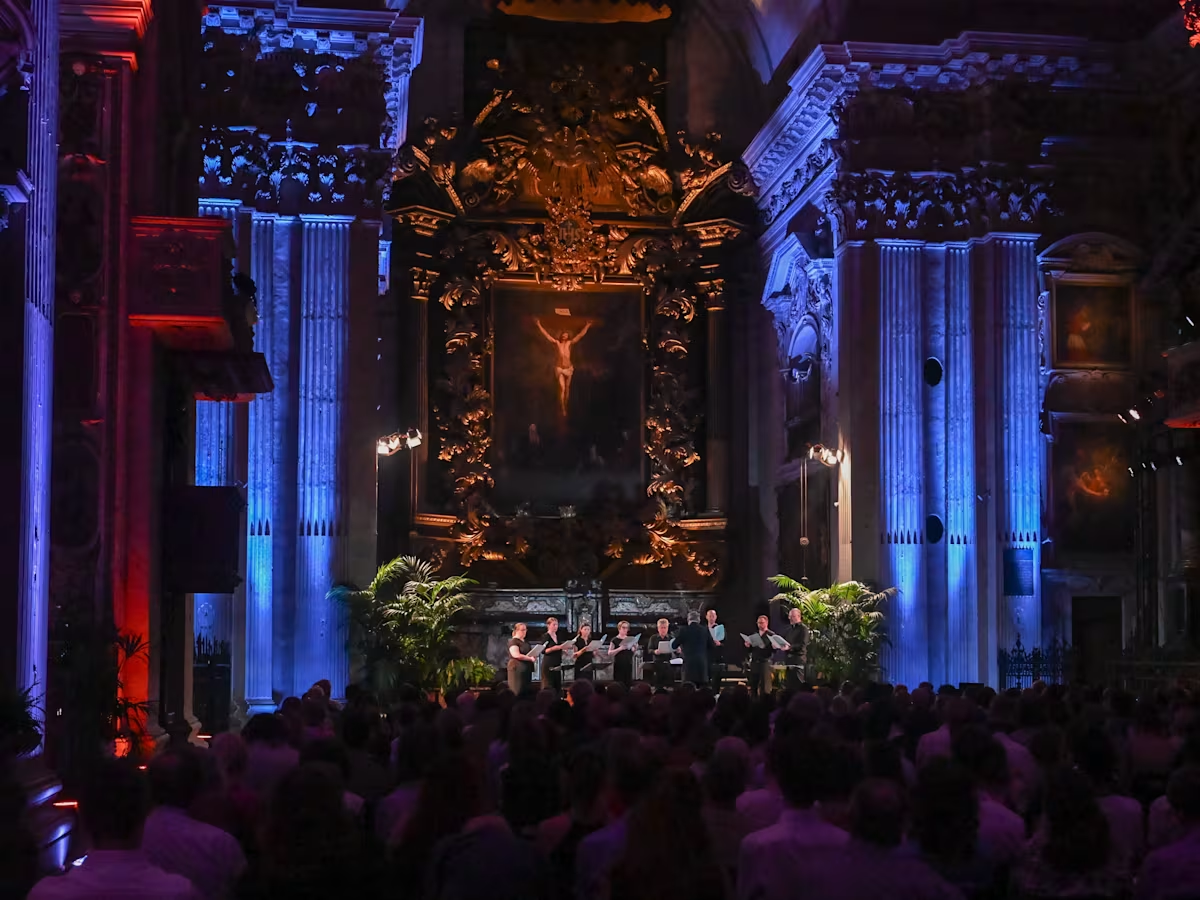
The Friday evening was devoted to Ercole amante (Hercules in Love) – the highly satirical opera Francesco Cavalli and his librettist Francesco Buti offered to Paris for the wedding of Louis XIV and Maria Theresa in 1662, a year after it had first been staged at La Fenice in Venice. As an allegorical tragedy about disastrous marital relationships and the mistreatment of mistresses by the powerful, it was a daring choice for a king’s nuptial celebrations.
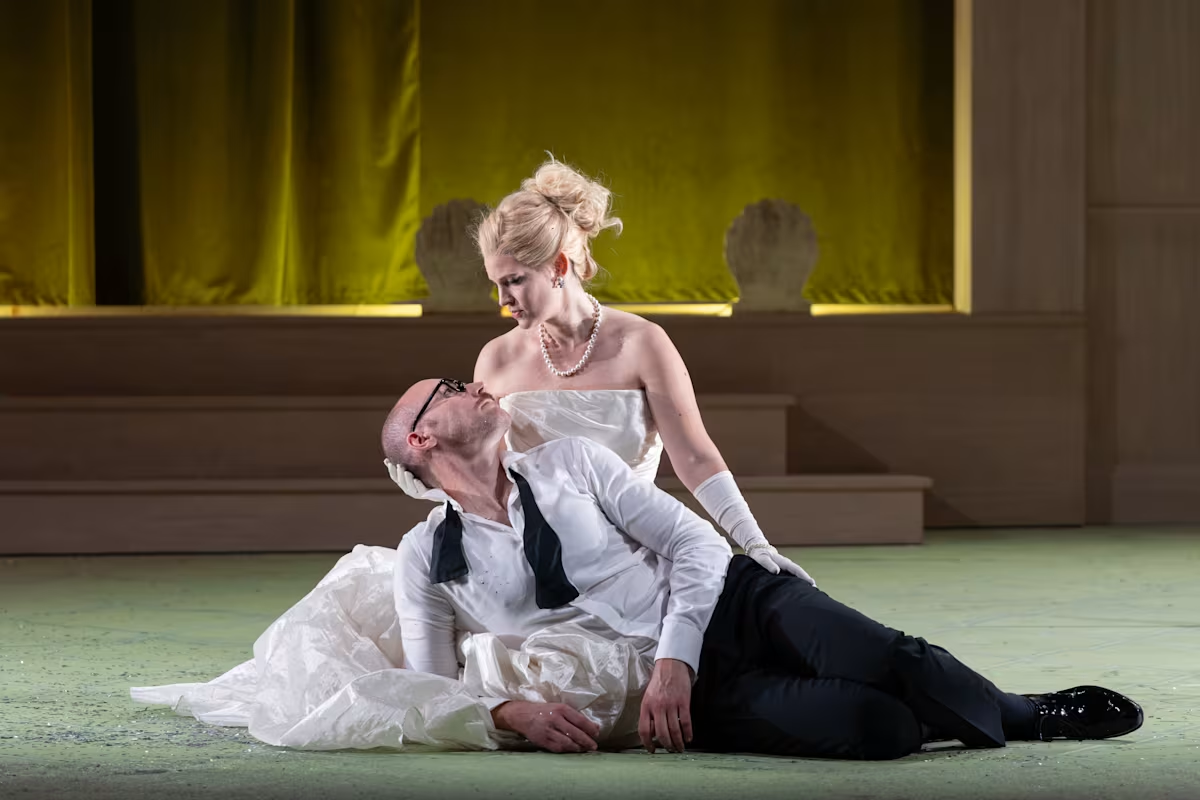
Sadly, this production by Andrea Bernard, in Cremona’s jewel of a theatre named after the city's other fine opera composer, Amilcare Ponchielli, decided to treat the work as ludicrous comedy set in what looked like a 1960s municipal reception room. This was a shame – another example of directorial misconception – because the singing and playing rose to Cavalli’s heights. The festival’s own period-instrument orchestra was conducted by its founder, Antonio Greco – who also has strong connections with the wonderful Festival della Valle d’Itria at the other end of Italy, in Martina Franca, Puglia. The standout performance was given by the mezzo-soprano Shakèd Bar, but then as Hercules's scorned wife, Deianira, Cavalli gave her all the most entrancing arias.
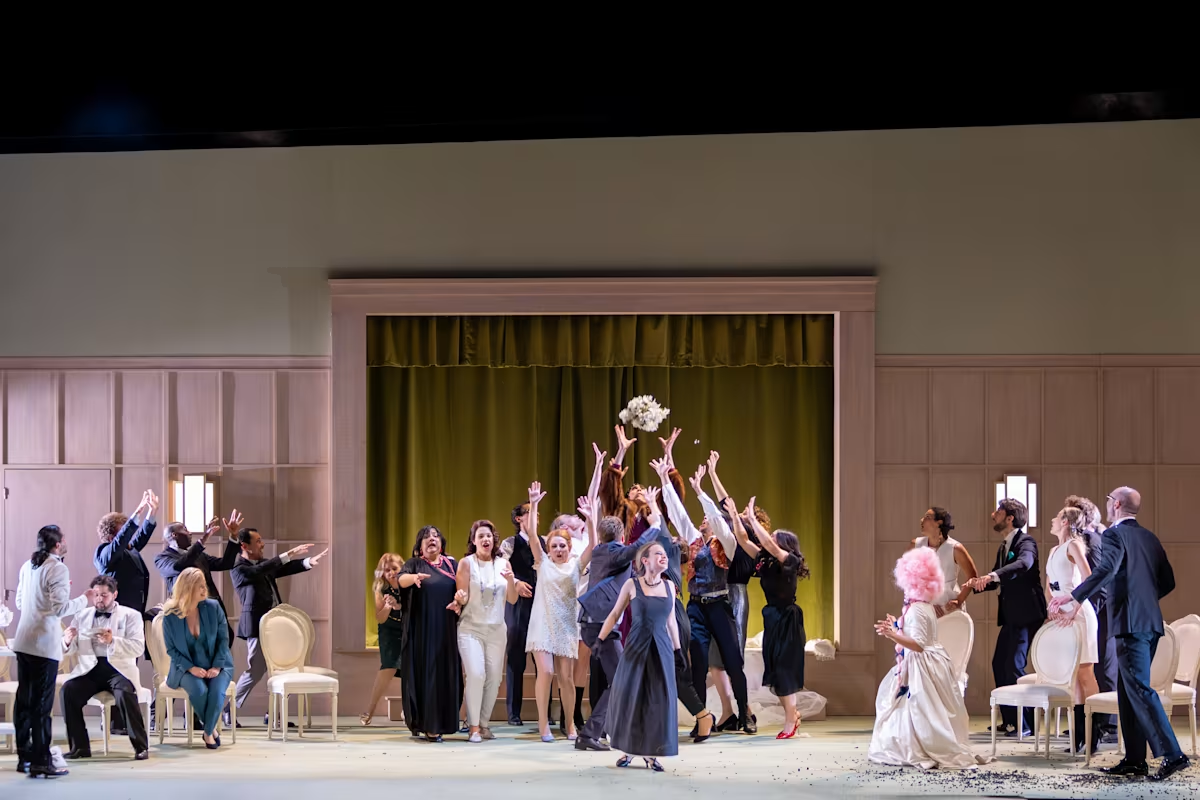
In the upstairs foyer of the theatre on Sunday morning, there was an extra recital given by the winner of last year’s Milan International Harpsichord Competition, Kohei Takeoka, from Japan. Dealing with ferocious midday heat, traffic rumbling across the cobbles outside, and harpsichord strings that did not want to behave, he showed just why he is emerging as a special player, giving an assured survey of pieces, mostly by Froberger and Frescobaldi.
The official finale of the festival was the evening before, Saturday, in the auditorium of Cremona’s Violin Museum. It is a peculiar space; a rectangle into which a complicated swirl of wooden stalls and balconies has been inserted, meaning that much of the audience looks down at the performers surrounded on the floor.
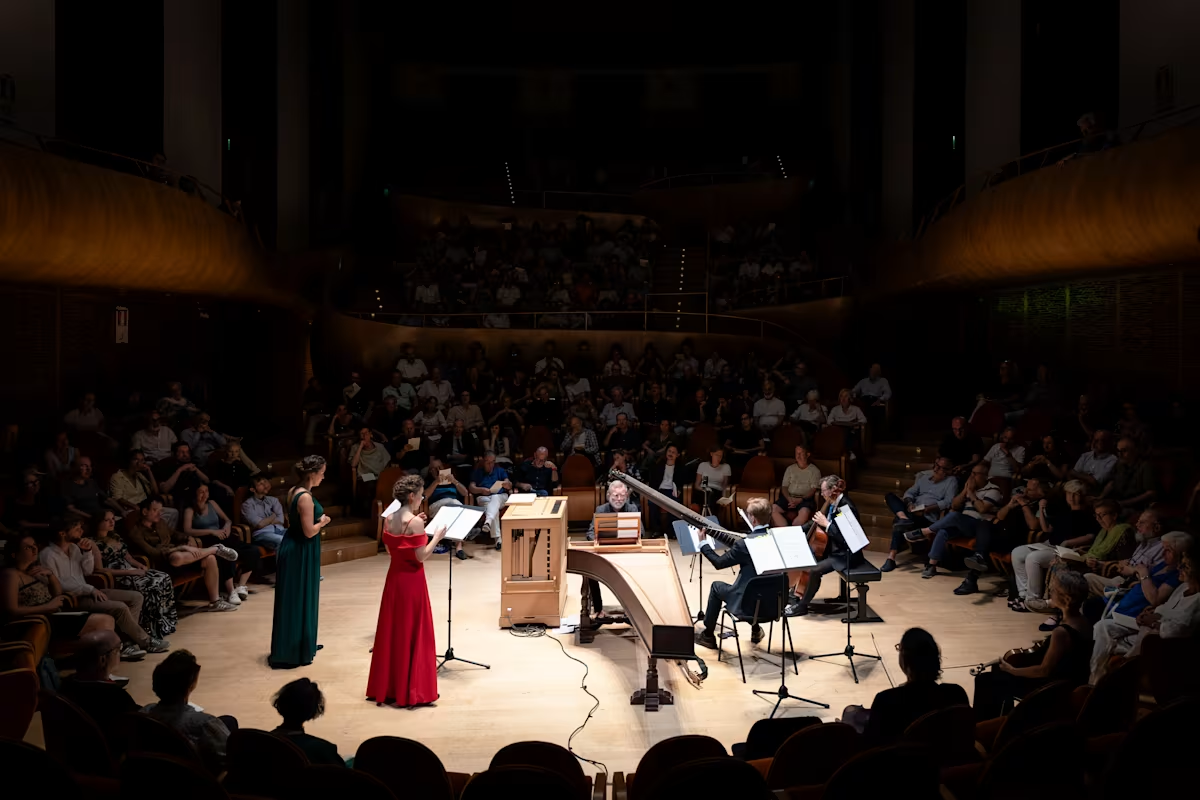
In this case, they were a quintet drawn from Les Talens Lyriques from Paris, including their director, Christophe Rousset. They were joined in arias by Monteverdi, Cavalli and Andrea Falconieri by a pair of sopranos – sisters who are emerging onto the international scene as very special. Apolline Raï-Westphal and her younger sister, Thaïs Raï-Westphal, match vocally as seamlessly as one could wish. It is their ability to follow each other’s phrasing and blend, though, that is so special.
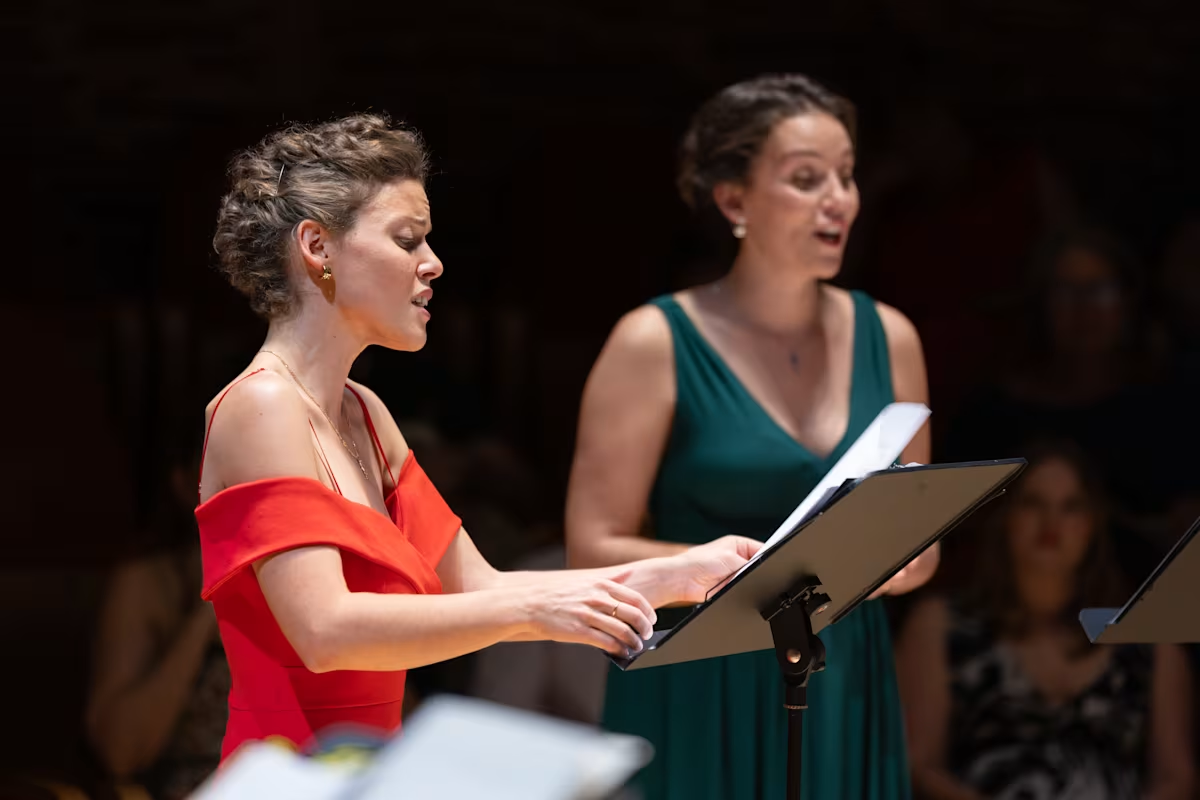
Rousset, who has also cast them in his Lully opera tours, has brought forward two extraordinary talents, as the name of his group suggests. They sang several excerpts from L’incoronazione di Poppea but it seemed as though, after giving us madrigals and so many luscious examples of their craft, they were going to finish Monteverdi’s festival without his greatest duet of all – ‘Pur ti miro, pur ti godo’ – which closes the opera. Thank heavens, they were teasing, and gave it to us as the encore. Because of that, we emerged into the balmy Cremonese night convinced yet again that Monteverdi’s place at the pinnacle of Baroque music is unchallenged.
Share this
Keep reading
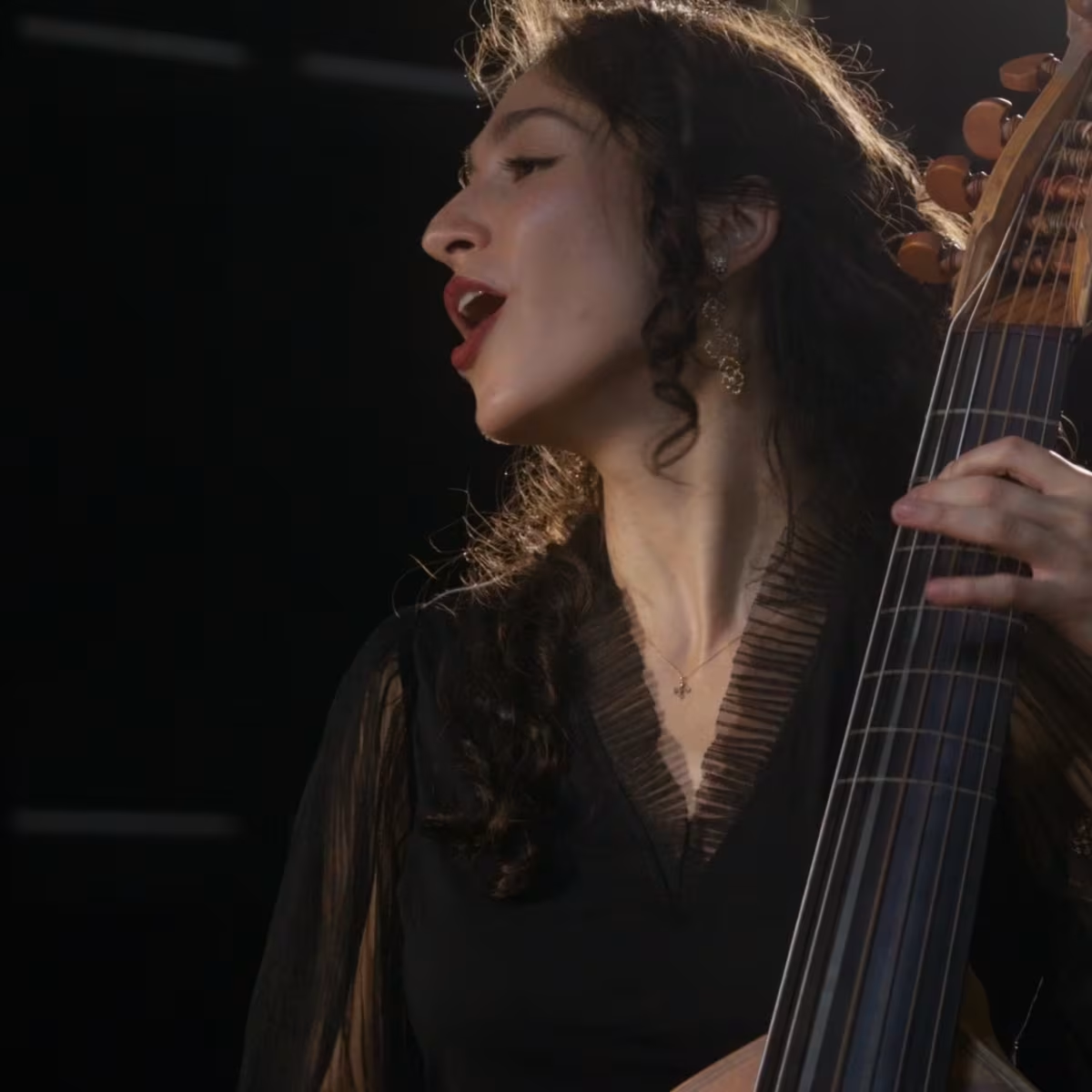
Bellot Ensemble | Strozzi: ‘Amor dormiglione’
Barbara Strozzi’s ‘Amor dormiglione’ is one of her most beguiling and subtly witty arias, a gently teasing address to Cupid himself.
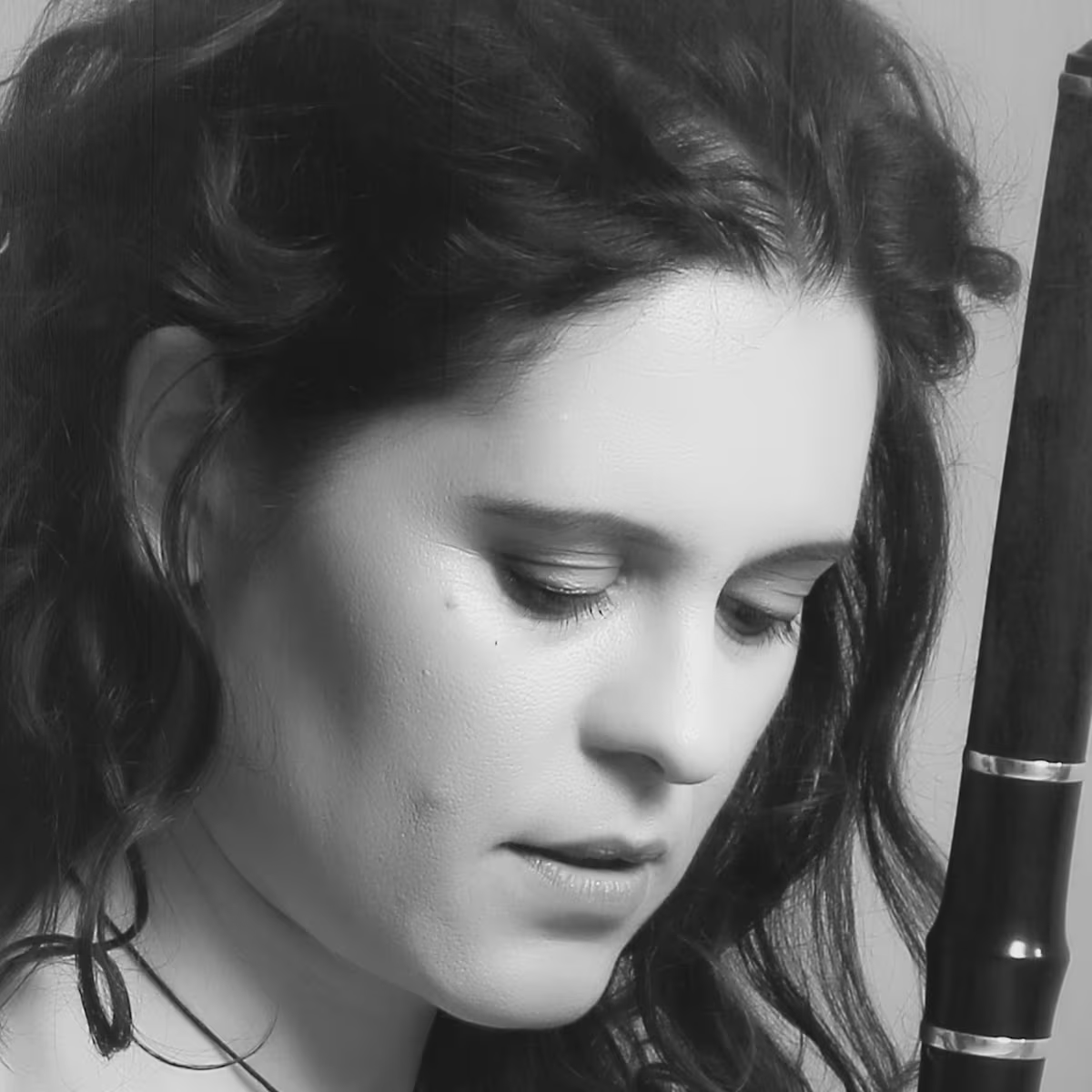
In conversation: Eva Caballero
Continuo Connect meets flautist Eva Cabellero to find out how she got into the flute what she loves most about Early Music and much more.
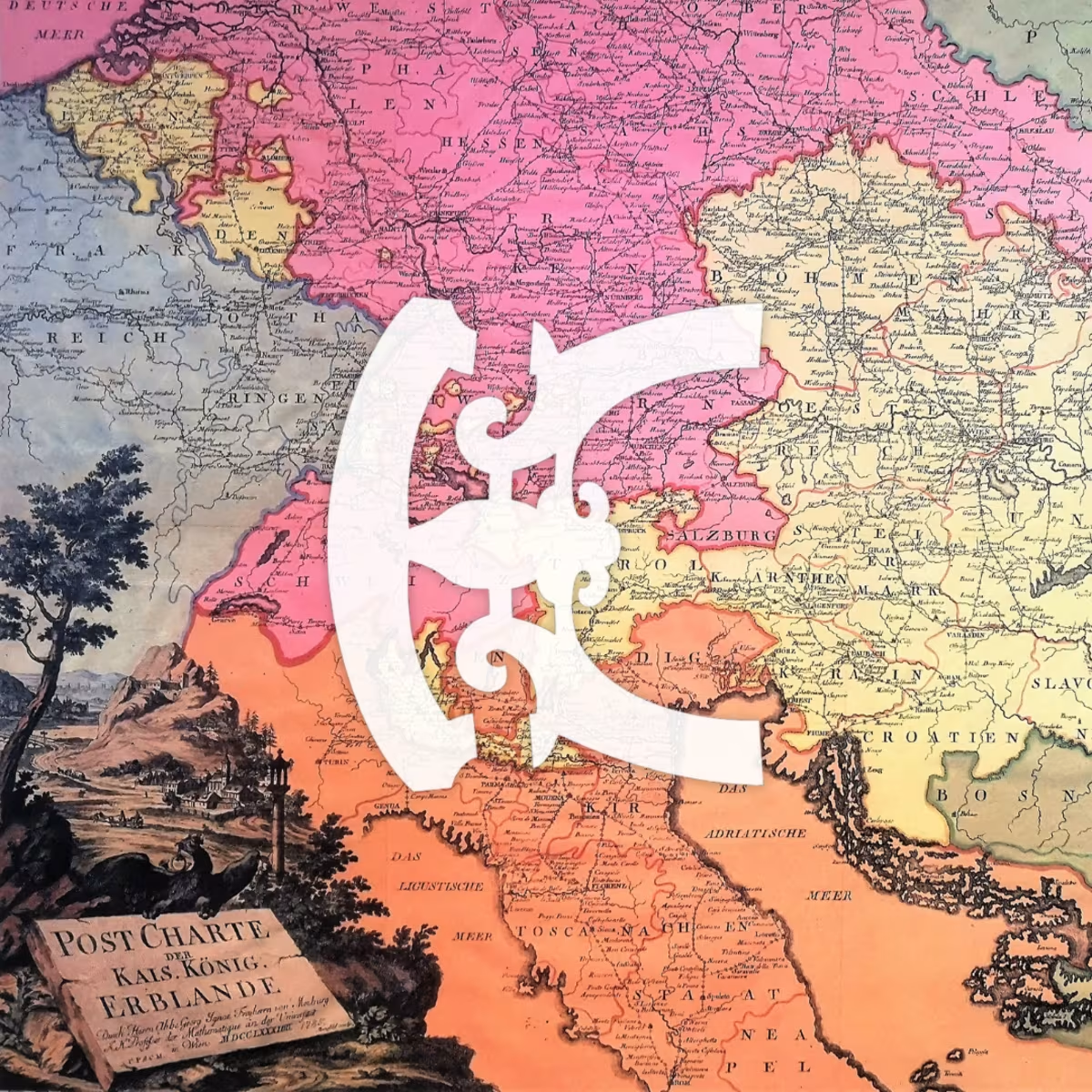
Playlist: Mozart’s Travels
In celebration of Mozart's 270th birthday on 27th January, we trace his travels across Europe throughout his life.

